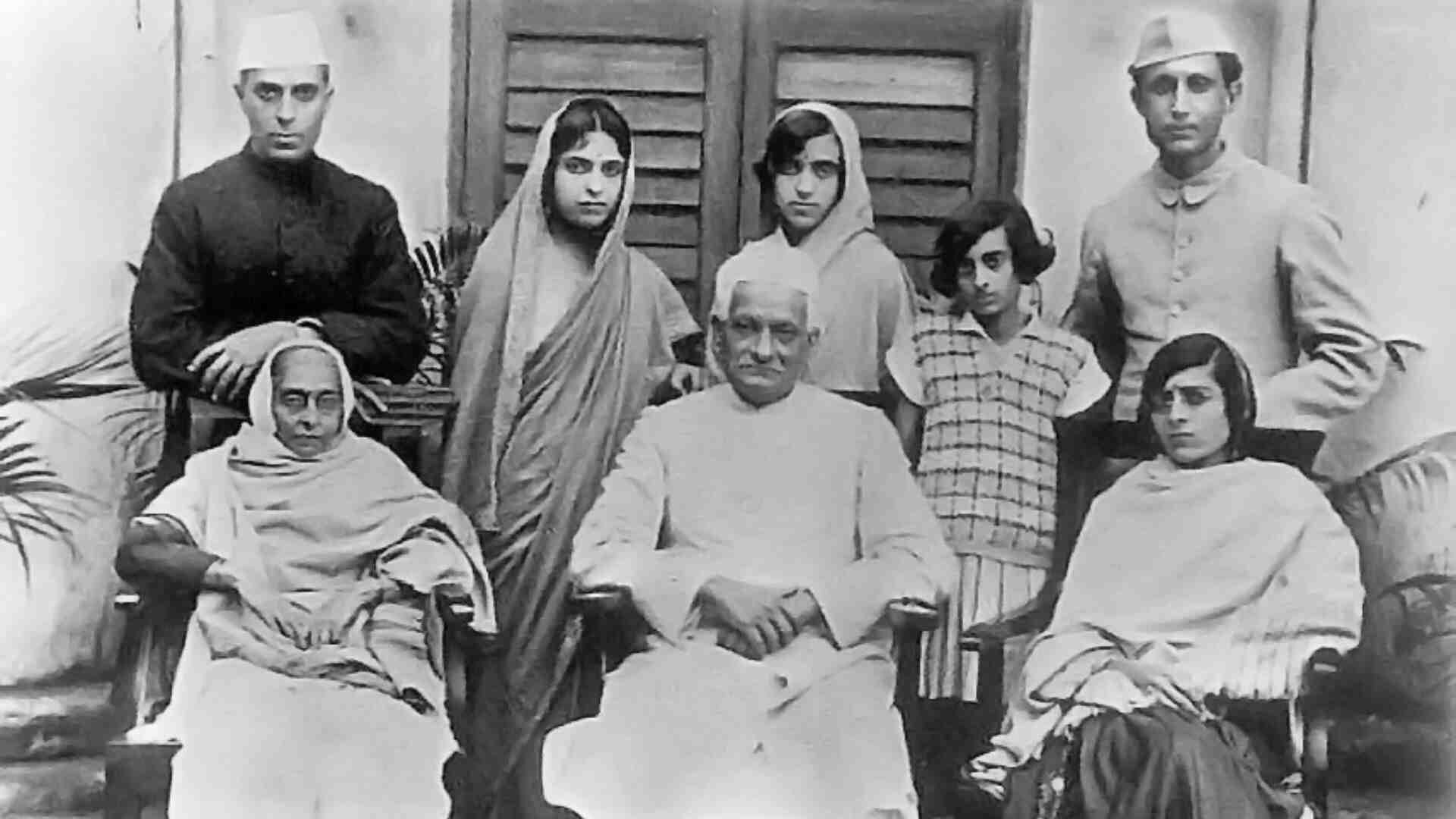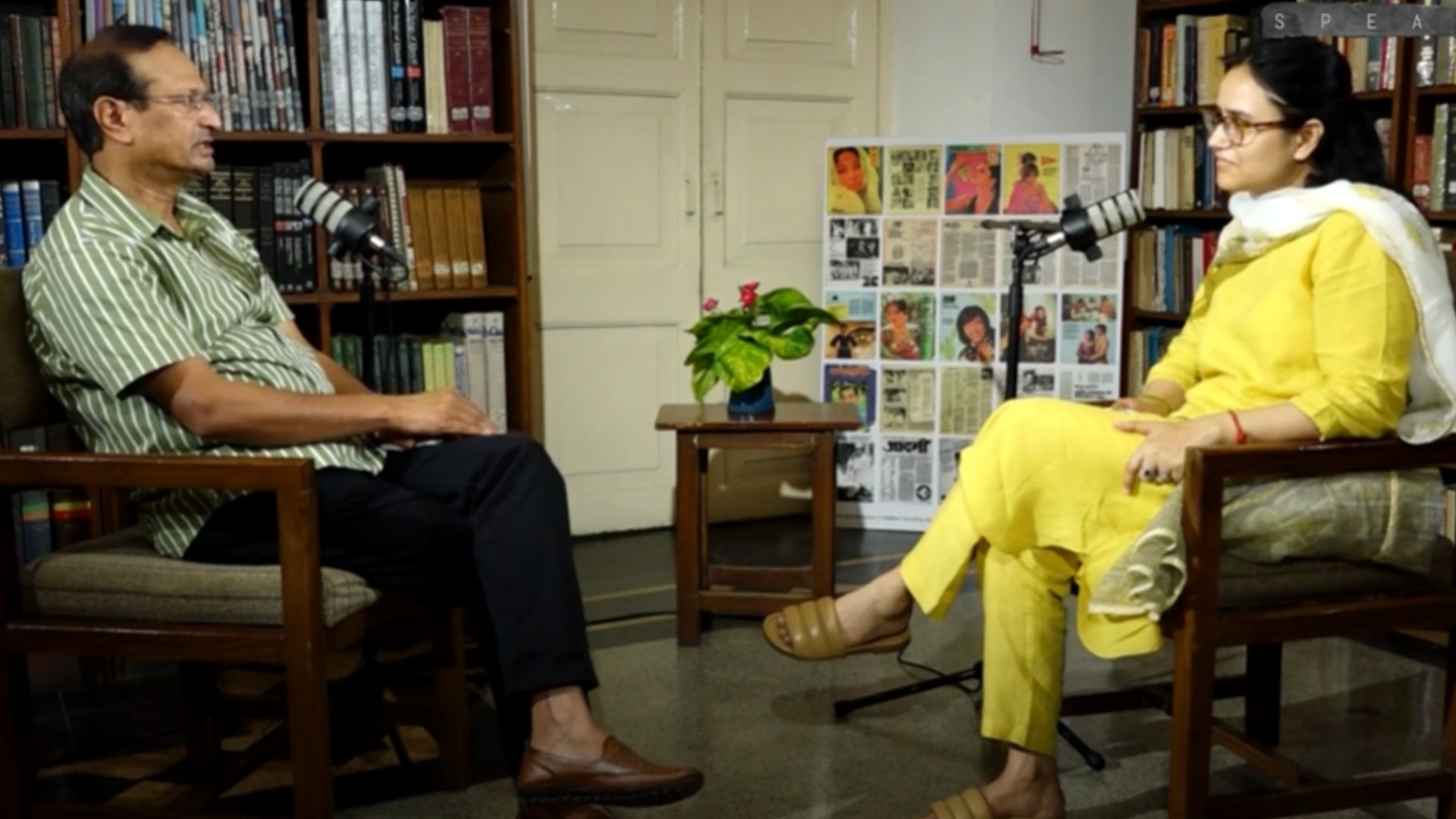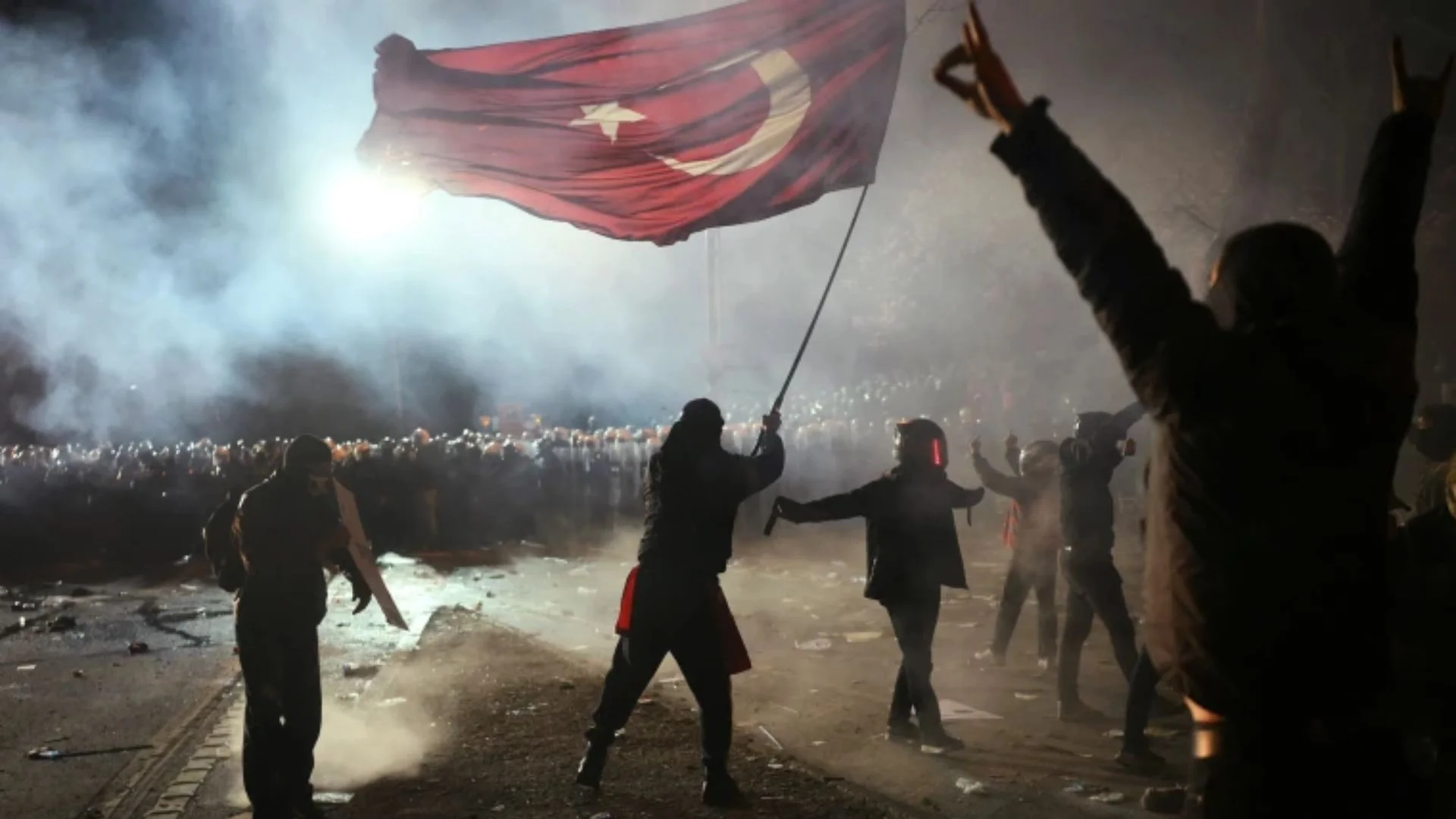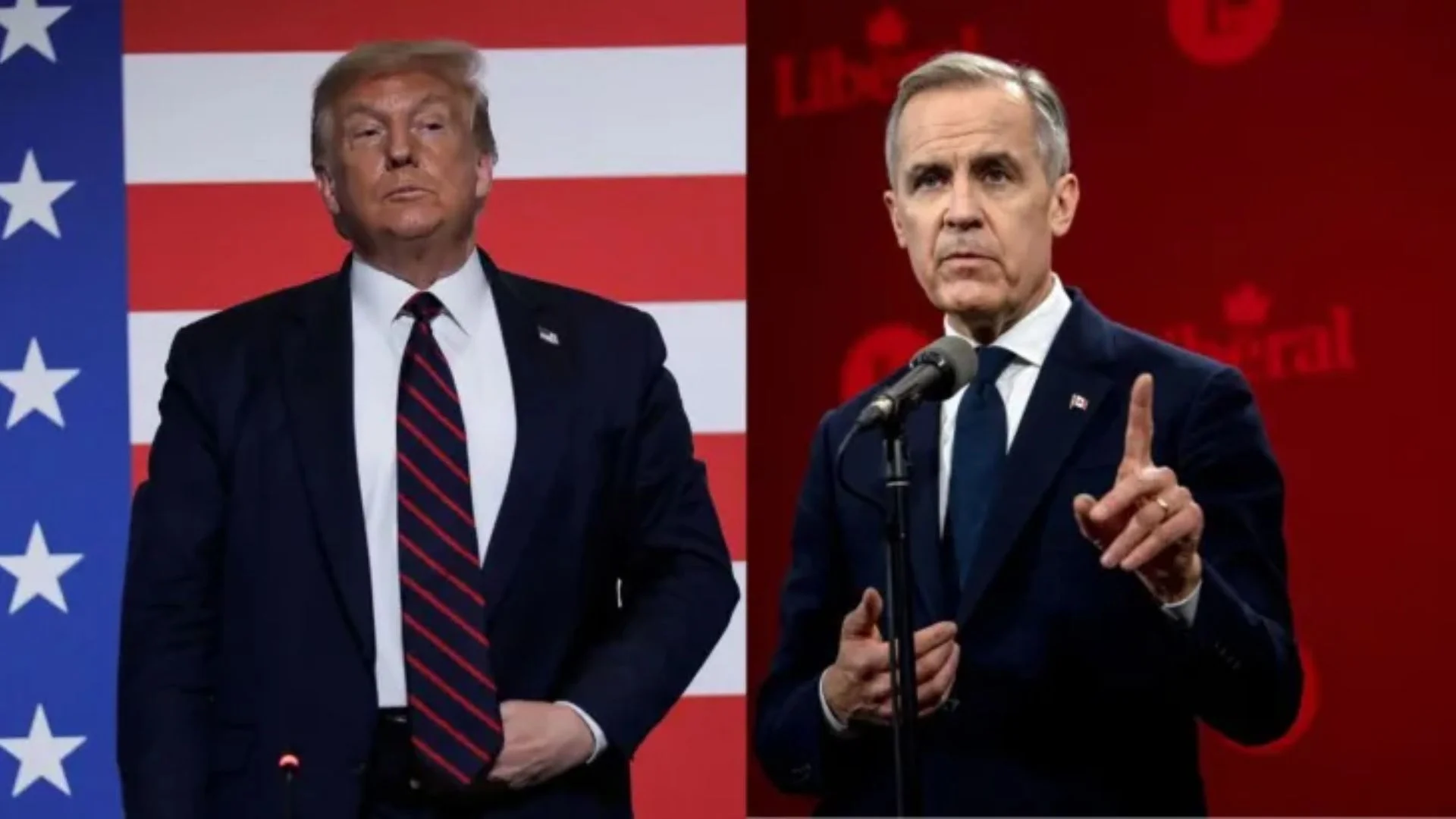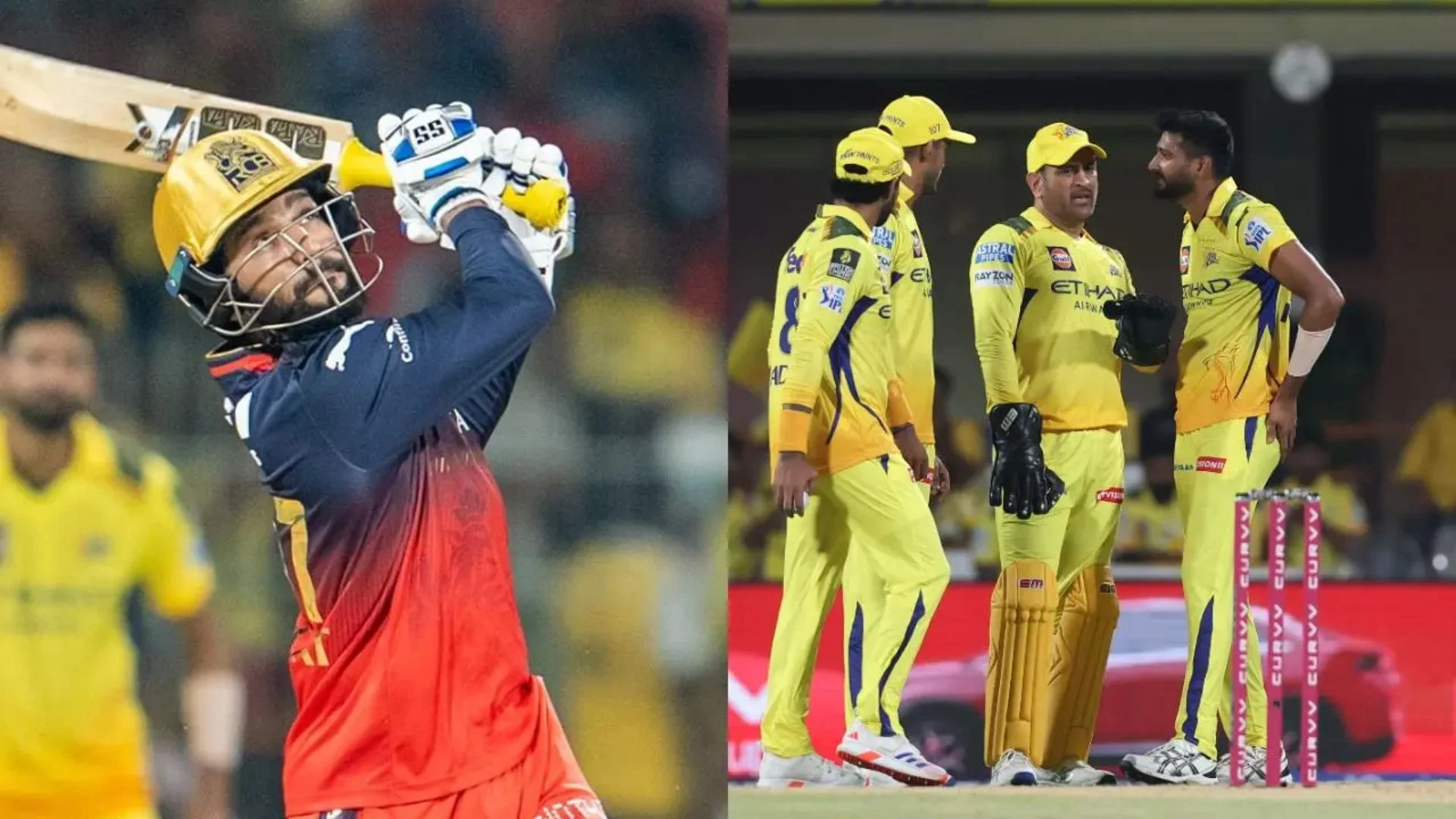In the high-stakes arena of Indian politics, few rivalries burned as intensely as the one between Sonia Gandhi and Sushma Swaraj. These two towering figures, representing the Indian National Congress and the Bharatiya Janata Party (BJP) respectively, engaged in a prolonged battle that transcended party lines and captivated the nation. Their conflict was deeply personal, fueled by allegations of divided loyalties, nationalist fervor, and clashing ambitions. This is the story of an unforgettable saga that left an indelible mark on India’s political landscape.
The 1999 Bellary Election: Where it All Began
The year was 1999, and the stage was set for a dramatic showdown in the Bellary constituency of Karnataka. Sonia Gandhi, the formidable leader of the Congress, decided to contest the Lok Sabha elections from not one, but two constituencies – Bellary and her family’s stronghold of Amethi in Uttar Pradesh.
The Bharatiya Janata Party (BJP) nominated Sushma Swaraj, their powerful speaker and the embodiment of the “ideal Indian woman,” as a direct challenger to Sonia Gandhi in the Bellary constituency. The nomination process was shrouded in secrecy, with both leaders making last-minute rushes to file their papers. In a closely guarded secret, Sushma Swaraj flew into Bellary from Hyderabad on a special plane to submit her nomination documents. Similarly, Sonia Gandhi hurried to Ballari from Delhi, through Bengaluru along the way. Sonia Gandhi was accompanied by prominent party leaders like Ghulam Nabi Azad and S.M. Krishna, while Swaraj, whose candidacy was suggested by Ramakrishna Hegde, was joined by H.N. Ananth Kumar, the then Civil Aviation Minister, and M. Venkaiah Naidu, the BJP’s General Secretary for Karnataka.
The “Indian Daughter” vs the “Foreign Daughter-in-Law”
From the outset, the battle lines were drawn between the “Indian daughter” and the “foreign daughter-in-law.” With her big bindi, sindoor, and traditional attire, Sushma Swaraj portrayed herself as the perfect nationalistic contrast to Sonia Gandhi, whom the BJP derided as the “Italian-born” widow of former Prime Minister Late Rajiv Gandhi.
In the 1999 Lok Sabha elections, Sushma Swaraj contested against Sonia Gandhi in the Bellary constituency of Karnataka. Despite facing defeat in the electoral contest, Swaraj famously remarked, “I lost the battle but won the war.” a statement that encapsulated her resilient spirit and unwavering determination in the face of setbacks.
The rivalry quickly escalated, transcending political differences and taking on personal undertones. Sushma may have lost the Bellary election, but she claimed a moral victory by helping the BJP breach the Congress stronghold in the region in 2004, When G. Karunakara Reddy, a member of the saffron party, won the Bellary Lok Sabha seat.
The 2004 Prime Ministerial Controversy
Swaraj faced defeat in Bellary in 1999, but the battle was revived in 2004, when the Congress-led United Progressive Alliance (UPA) emerged victorious and won that year’s general elections. Congress Party loyalists rallied behind Sonia Gandhi, urging her to take up the ministership. However, Sushma Swaraj’s response was nothing short of explosive.
In a highly emotional outburst, she vowed to live her entire life like a Hindu widow if the “foreigner” Sonia Gandhi became India’s Prime Minister. Sushma threatened to shave her head, wear white, sleep on the floor, and and only eat chickpeas, claiming it would “hurt her sensibilities” if a non-native led the country after the sacrifices made during the freedom struggle.Instead, a foreigner, referring to Sonia Gandhi who was born in Italy, was selected. according to a News18 report.
Sonia Gandhi ultimately nominated economist Manmohan Singh for the prime ministerial position, but the controversy had already ignited a firestorm of debate around questions of nationality, identity, and gender roles in public life.
In later years, when questioned about her statement, Sushma Swaraj maintained an unapologetic stance, affirming that she would stand by her decision even if Sonia Gandhi were to assume the role of Prime Minister.
If after 60 years of independence, we coronate another foreigner for the top job then it would have meant that 100 crore people were incapable… It would be hurting the sensibility of people. This was my purpose of fighting the Bellary elections and it was a mission for me. In Bellary, I lost the battle, but won the war,” Sushma Swaraj was quoted by Economic Times.
The War of Words Escalates
The rivalry between Sonia Gandhi and Sushma Swaraj reached new heights as they engaged in a heated exchange marked by sharp remarks and personal jabs. .A notable incident occurred in August 2015 during a session of Parliament, where both Sonia and her son Rahul Gandhi were present. Sushma Swaraj, in a moment of pointed sarcasm, asked Rahul to “ask Mumma” about the fugitives who had fled India during the Congress rule. Sonia retaliated, calling Sushma an “expert” in theatrics.
A Gradual Thawing of Tensions
In 2011, a shift in the dynamic of the long-standing rivalry between Sonia Gandhi and Sushma Swaraj was noticeable. A moment of reconciliation emerged when Gandhi, during a Commonwealth lecture on women, lauded Swaraj as a “woman of substance.” This rare compliment marked the beginning of a period of relative stability in their parliamentary interactions. However, despite this newfound equilibrium, an undercurrent of tension persisted, subtly reminding of their contentious past.
The intense rivalry finally came to an end with Sushma Swaraj’s tragic demise in August 2019. Sonia Gandhi was deeply saddened by the loss, writing to Sushma’s family, “I feel her loss greatly.” In a poignant moment, Sonia was seen hugging Sushma’s daughter Bansuri when she visited their home to pay her last respects.
Following the passing of Sushma Swaraj in August 2019, Sonia Gandhi extended her condolences to Swaraj’s family in a heartfelt letter, expressing, “I feel her loss greatly.” During her visit to pay her respects, Sonia Gandhi was observed embracing Sushma Swaraj’s daughter, Bansuri, in a poignant display of solidarity and support.
A Rivalry for the Ages
The Sonia-Sushma saga was one of the most bitter personal and political feuds in Indian politics. Their conflict may have arisen from opposing ideologies, but it was fueled by allegations of divided loyalties, nationalistic insults, and clashes of individual ambition and ego.
While their rivalry is over, it will be remembered as a clash between two of India’s most powerful female leaders who each represented very different visions of Indian womanhood. Their confrontation energized their respective supporters and came to symbolize the fault lines in Indian society over issues of identity, nationality, and gender roles in public life.
The rivalry between Sonia and Sushma mirrored the broader ideological clashes that have molded India’s political landscape. It was a testament to the passion and intensity that can ignite when deeply held beliefs collide. Though time may have tempered the confrontation, its resonance persists, underscoring the enduring influence of personal convictions in politics..





